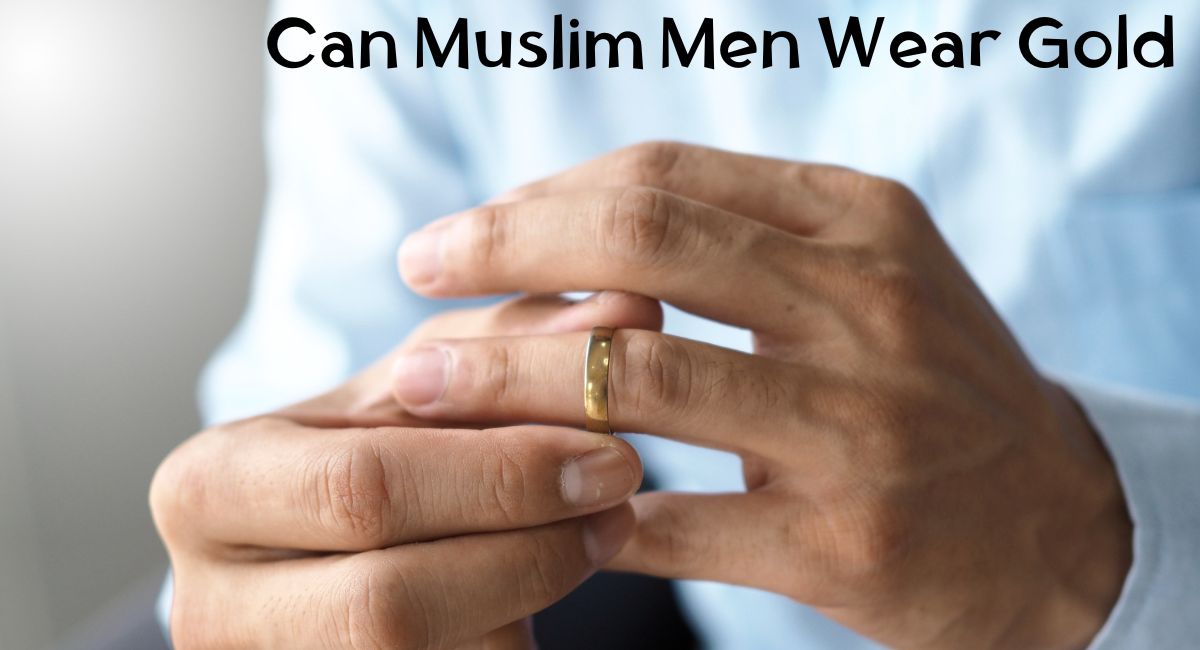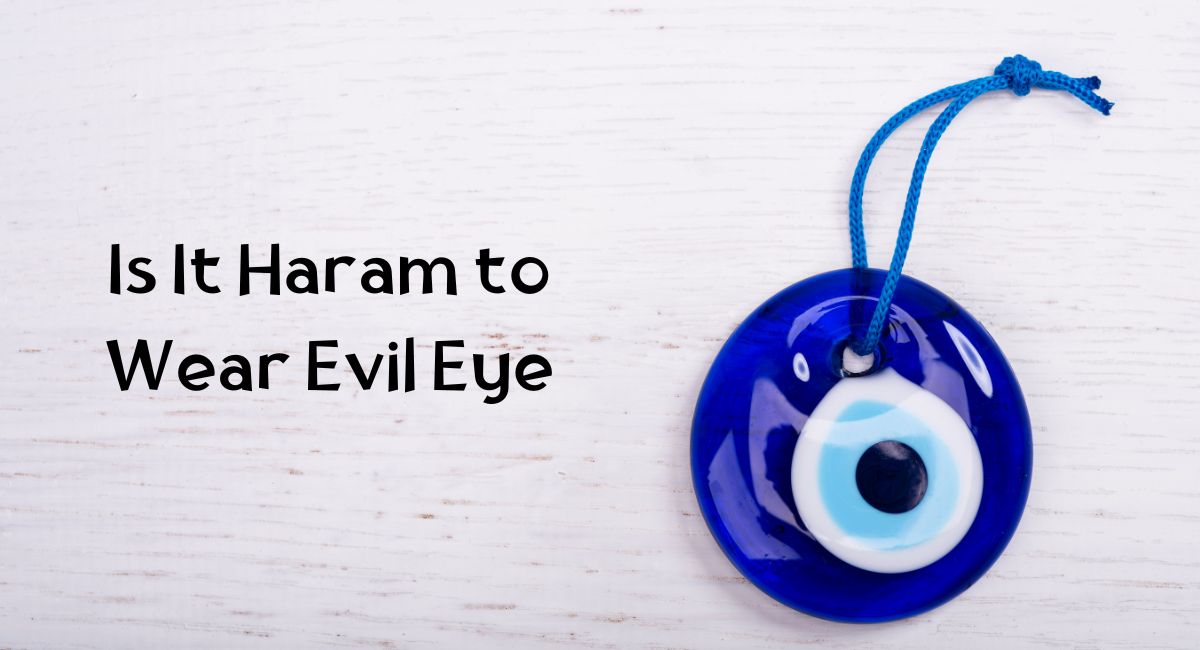The question of whether Muslim men can wear gold has long been a subject of debate and curiosity within the Islamic community. Gold, with its shimmering allure and timeless beauty, has held a special place in human culture for centuries, and it often raises questions about its compatibility with Islamic principles and teachings.
In this article, we will delve into the nuanced discussions surrounding the permissibility of Muslim men wearing gold, exploring the religious, cultural, and historical aspects that shape this intriguing aspect of Islamic attire and adornment.
Key Takeaways
- The prohibition of gold for Muslim men is rooted in various Hadiths and interpretations of Sharia law.
- The reasons behind the prohibition include discouraging arrogance and pride, maintaining gender distinction, and promoting modesty and simplicity.
- Some contemporary scholars allow exceptions for men to wear certain forms of gold like watches or cufflinks that serve a function beyond decoration.
- There are exceptions to the rule, such as medical necessity, warfare and armor, decorative purposes in non-wearable items, differing scholarly opinions, and cultural practices.
- Alternative materials to gold for men in Islam include silver, bronze, gemstones, plain rings, and other materials like wood, bone, and glass.
- Wearing fake gold is technically permissible but not advised to avoid misunderstandings.
Can Muslim Men Wear Gold
In Islamic teachings, the prohibition of gold for Muslim men is rooted in various Hadiths and interpretations of Sharia law.
The Prophet Muhammad (peace and blessings be upon him) is reported to have said, “Wearing silk and gold are unlawful for the men of my nation, but lawful for the women.”
(Sunan al-Tirmidhī, 1720)
This distinction is understood as a means of differentiating the adornment for men and women, emphasizing modesty and avoiding imitation of the opposite gender, which is a significant aspect of Islamic teachings.
The reasons behind this prohibition are multifaceted.
- One interpretation is that gold and silk are considered forms of luxury and extravagance, which may lead to arrogance or pride, traits discouraged in Islam.
- The differentiation in permissible materials for men and women also serves to maintain gender distinction in Islamic society.
- Additionally, the prohibition serves as a reminder of the importance of modesty and simplicity in Islam, steering believers away from materialism and towards spiritual and ethical values.
Another perspective comes from Ali, who reported that the Prophet Muhammad (peace and blessings be upon him) took some silk in his right hand and some gold in his left, declaring, “These two are haram (forbidden) for the males of my nation, but halal (permitted) for the females”.
Fiqh Islam Online
This Hadith is often cited to reinforce the prohibition of gold for men, underlining the significance of adhering to the practices and teachings of the Prophet.
However, some contemporary scholars have allowed exceptions for men to wear gold in certain forms like watches, cufflinks or gold-plated items. Their view is that the hadith prohibitions concerned gold jewelry which was clearly ornamental. Gold watches, pens, etc. serve a function beyond just decoration.
They also distinguish between pure gold versus gold alloy mixes. But traditional scholars still prohibit all gold accessories for men to follow the original cautious interpretation of texts.
What is the Significance of Avoiding Gold for Men in Islam
In Islam, avoiding gold for men is significant due to several reasons:
Demonstrating Humility and Modesty: One of the primary reasons behind this prohibition is to encourage humility and modesty among Muslim men. Islam places a strong emphasis on avoiding extravagance and ostentation. By refraining from wearing gold, which is often seen as a symbol of wealth and luxury, men are reminded to maintain a humble demeanor.
Differentiation of Gender Roles: The prohibition also serves to maintain clear distinctions between the adornments traditionally associated with men and women. In many cultures, jewelry, especially that made from precious materials like gold, is more commonly associated with female adornment. By prohibiting gold for men, Islam reinforces traditional gender roles and distinctions in dress and appearance.
Spiritual Focus and Simplicity: Islam emphasizes the importance of focusing on spiritual rather than material wealth. By avoiding luxurious items like gold, Muslims are encouraged to focus on their spiritual journey and inner development rather than external appearances.
Are There Any Exceptions to the Rule of Avoiding Gold for Men in Islam
Yes, there are a few contexts and considerations that might be seen as exceptions or nuances to this rule:
- Medical Necessity: In cases where gold is used for medical purposes, such as in certain types of dental work (like gold fillings), it is generally considered permissible. This falls under the broader Islamic principle that necessities can override prohibitions.
- Warfare and Armour: Historical accounts suggest that during certain periods, gold might have been used in warfare, specifically in armour or weaponry. This, however, is a historical context and not a direct exception to the religious ruling.
- Decorative Purposes in Non-Wearable Items: Men are allowed to use gold in non-wearable items, such as decorative elements in architecture, artwork, or utensils. The prohibition specifically concerns wearing gold as an adornment.
- Differing Scholarly Opinions: While the majority consensus is that gold wearing is prohibited for men, some Islamic scholars or sects may have differing interpretations based on their readings of religious texts. However, these are less common and not mainstream views.
- Cultural Practices: In some cultures, the use of gold by men, particularly in specific forms like wedding bands, may be more accepted. These practices often represent a blend of cultural traditions with religious beliefs and may not align with the orthodox Islamic view.
It’s important to note that these contexts do not constitute open exceptions but rather specific circumstances where the use of gold may not fall under the typical prohibition. The overarching principle in Islamic jurisprudence is that necessities and exceptional circumstances can modify general rules, but such determinations are typically made by knowledgeable scholars within the context of Islamic law.
What Are Some Alternatives to Gold for Men in Islam
There are several alternatives to gold for men in Islam, which can be used to adorn themselves without violating the prohibition on wearing gold. Some of these alternatives include:
Silver: Silver jewelry is a popular choice for Muslim men, as it is a more affordable and modest alternative to gold. Silver items can be found in various forms, such as rings, necklaces, and earrings.
Bronze: Bronze is another option for Muslim men, as it is a more affordable and natural material that can be used for jewelry. Bronze items can be found in various forms, such as rings, pendants, and earrings.
Gemstones: Gemstone jewelry, such as rings, necklaces, and earrings, is another alternative to gold for Muslim men. Gemstones can be found in various colors and types, and they can be used to create stylish and elegant pieces.
Plain rings: Muslim men are allowed to wear plain rings, as they are not considered a form of gold. These rings can be made from various materials, such as silver, gold, or other metals, and can be plain or decorated with stones.
Other materials: There are numerous other materials that can be used for men’s jewelry, such as wood, bone, and glass. These materials can be found in various forms, such as rings, necklaces, and earrings, and can be used to create unique and stylish pieces.






